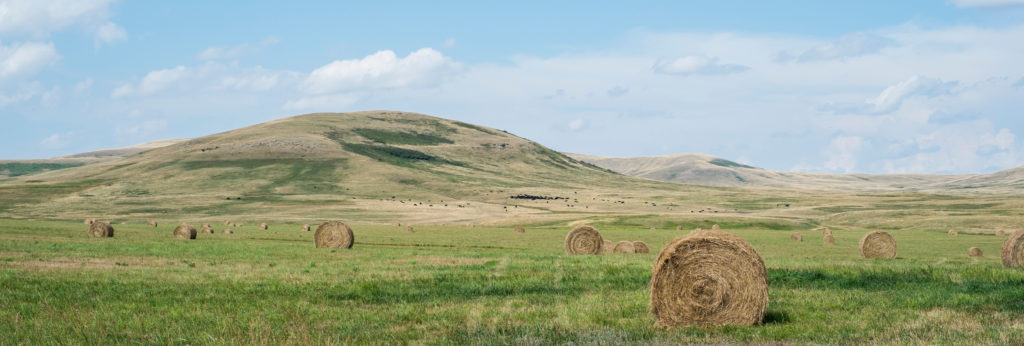
From Loneliness to Common Good
Jonathan Herbert writes below about his work as a volunteer with the Countrymen’s Club in Dorset. An example of the Common Good in practice, everyone works together, taking responsibility, contributing to a common goal, enabled by conditions that allow all to participate.
I’m sitting on a straw bale seat, in a barn, which is part workshop and part meeting space. One end has a temporary wall of hay bales; the other is open to the farmyard. All around me sit a group of elderly men, many ruddy cheeked, some with extravagant sideburns, all with fat fingered hands, a sure way to spot a farmer or someone whose worked on the land. It’s September and a bit chilly in the barn, but no one seems to mind and the crow of the cockerel and the lowing of the cows on the other side of the barn give the place a homely feel. This rather crude, draughty space, is designed to make people feel at home as it’s where the Countrymen meet four times a week.
The ‘Countrymen’s Club’ is a rural club established for elderly men who live in the vicinity of Futureroots farm in rural Dorset. Futureroots is the inspiration of Julie Plumley, a farmers’ daughter and former Adult Social Worker. She worked for twenty years trying to bring transformation and hope to people’s lives, but saw little change however hard she worked with them. She decided to radically change tack, and swapped the bureaucracy of the office for the mud of a thirty acre farm she bought in faith with her husband. Her vision was to provide a safe and healing place where young people excluded from school and in care could come and receive their education, and be gently mentored by a community of caring adults, in the midst of a working farm.
“a place where people and the natural environment are woven and bound together”
The place has been running for ten years now and is having remarkable results transforming the lives of the young people who pass through it.
Julie also saw how the elderly in rural communities can become isolated and excluded, so she went on to establish the Countryman’s Club, which though not as dynamic as her work with the young meets a huge local need.
I’m here to teach basket making, to this rag tag bunch of men, some with dementia, some with Parkinsons, some suffering with depression and others struggling with loneliness. I’ve pre-soaked my willow rods and woven several bases to get some of the men to have a go at staking up the sides, and they begin to weave. We quickly spread out around the barn, and each half formed basket gets passed around as people take turns. Even those who don’t join in get involved ducking out of the way as the frames rotate. Half way through the afternoon we stop for bread and cheese and I dip the emerging baskets into the cattle trough outside. It’s all rough and ready, but hugely engaging. We carry on and soon five baskets are finished. One man proudly shows his off and can’t wait to show his wife, others who live in institutions give their baskets to Futureroots, their only home.
The making of a basket here seems to be a metaphor of how Futureroots is: a place where people and the natural environment are woven and bound together, and how society could be. Futureroots though never outwardly religious, is for me one of my Kingdom places. It’s a parable of self-giving love, joy, and social inclusion. As I pack up to leave, I cross the muddy farmyard, pat a fat cow on its flank and I’m filled with a familiar sense of hope and belonging which I never fail to feel in this place.
Jonathan Herbert
Jonathan Herbert lives in the Hilfield Community, a mixed Franciscan community with a focus on peace, and social and environmental justice. He works for the Diocese of Salisbury as Chaplain to Gypsies and Travellers.
Learn more about Futureroots at http://www.futureroots.net/who-we-help/the-countrymens-club/
